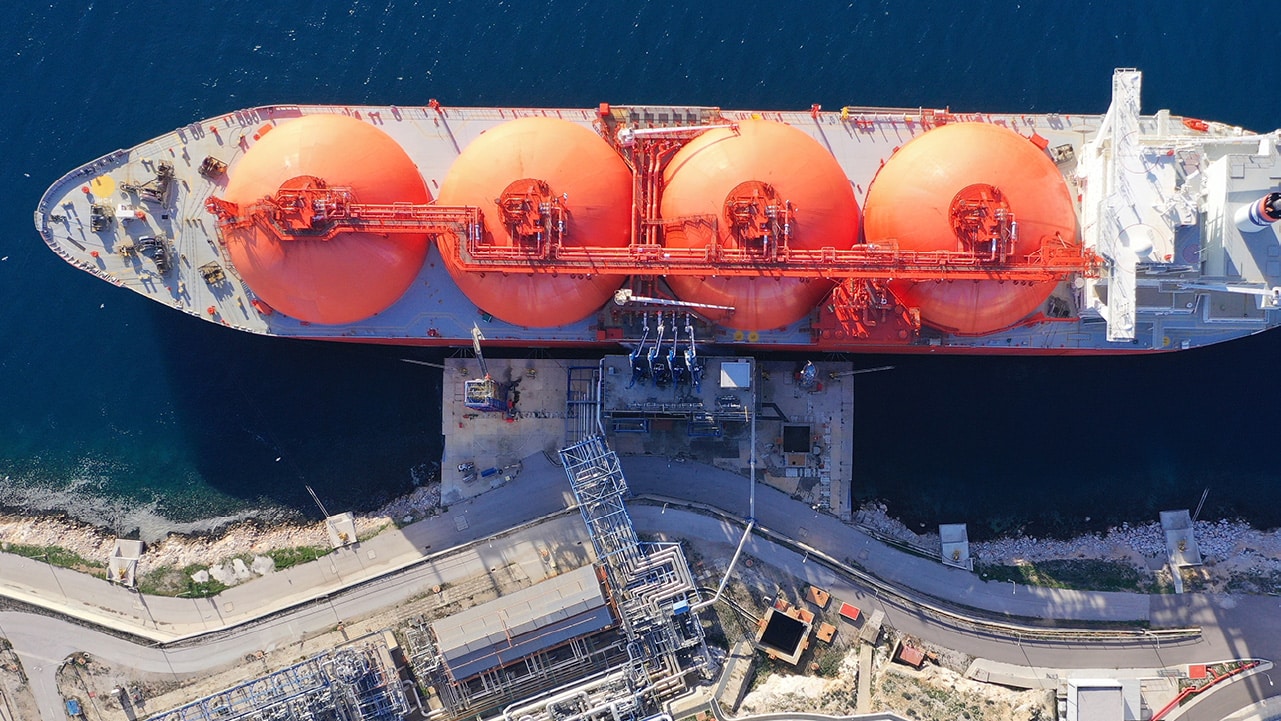IMO IBC Code Chemical Tanker Cargo System Testing
The International Maritime Organization (IMO) has established stringent standards to ensure the safe transportation of chemicals on cargo tankers. The International Bulk Carriage of Dangerous Goods by Sea (IBC) Code is one such set of regulations that governs the design, construction, and operation of ships carrying bulk dangerous goods.
The IMO IBC Code requires comprehensive testing of cargo systems to ensure their compliance with safety standards during transport. This includes tests on tank closure devices, venting systems, and isolation valves. Our laboratory specializes in providing these critical services, ensuring that your cargo tanks meet the necessary requirements for safe chemical carriage.
The testing process involves several steps, each designed to simulate real-world conditions under which a cargo system might be exposed. For example, pressure tests are conducted to check the integrity of tank walls and fittings under various stress levels. Leakage tests determine whether there is any seepage or escape of hazardous materials through seals or joints.
Another crucial aspect of our testing services is the evaluation of venting systems. These systems play a vital role in preventing overpressurization during cargo loading or unloading operations, which could lead to structural damage or even explosion risks. We employ advanced diagnostic tools and software packages that allow us to assess these systems accurately.
Our team also focuses on ensuring the correct installation of isolation valves within the cargo system. These valves must be capable of isolating specific sections of the pipeline during maintenance activities without affecting other parts of the system. Proper function is checked through functional testing procedures, including opening and closing cycles under both manual and automated modes.
Compliance with the IMO IBC Code necessitates not only adherence to individual component specifications but also overall system performance considerations. Our experts conduct integrated evaluations that consider how all components interact together as a whole unit during typical operating scenarios like loading, unloading, and normal vessel movement.
In addition to these mechanical tests, chemical compatibility assessments are performed to confirm that the materials used in constructing your cargo tanks do not react adversely with the chemicals being transported. This ensures long-term stability of both tank structures and their contents throughout prolonged voyages.
Applied Standards
| Standard | Description |
|---|---|
| IMO IBC Code, Chapter 13.4.6 | Regulations governing the design and testing of cargo systems for dangerous goods. |
| ISO 8217:2017(E) | Specification for marine fuel oil. |
| ASTM D396-15 | Determination of flash point by Pensky-Martens closed cup tester. |
Eurolab Advantages
- State-of-the-art facilities equipped with industry-leading measurement instruments.
- Experienced and certified personnel who maintain continuous training programs to stay updated on latest practices.
- Comprehensive data analysis capabilities providing detailed reports that are easy to understand yet thorough enough for decision-making purposes.
- Dedicated project management teams ensuring timely completion of projects within agreed budgets.
Environmental and Sustainability Contributions
- Reducing the risk of hazardous material spills into waterways, thus protecting marine ecosystems.
- Promoting safer handling practices that minimize energy consumption during loading/unloading processes.
- Encouraging recycling efforts by recommending suitable materials for constructing cargo tanks based on their recyclability rates.





